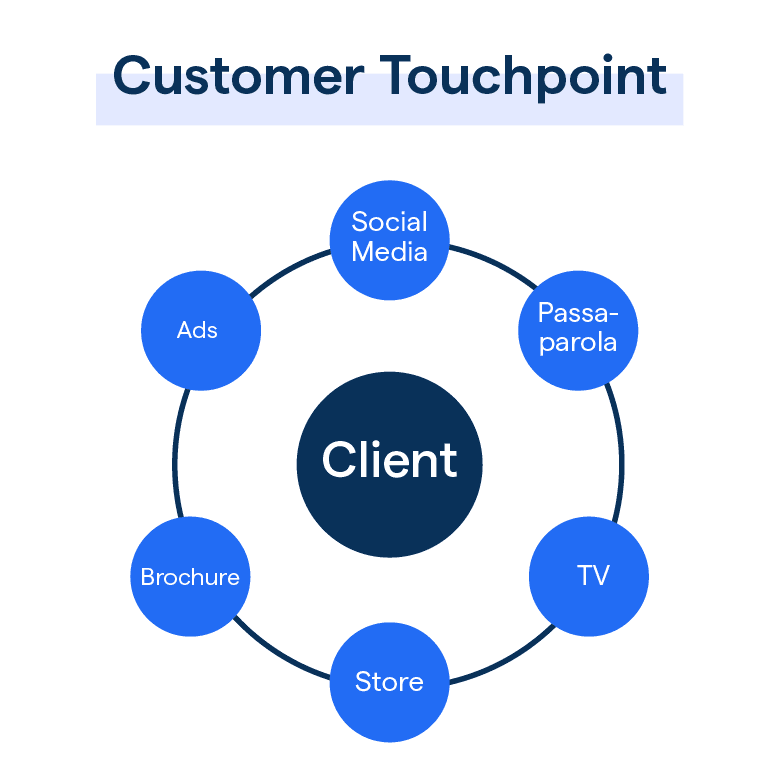ChatGPT Legal Services Consumer Journeys and Marketing Insights
As more legal services consumers turn to ChatGPT for local law firm recommendations, a fascinating intersection between AI, search, and maps unfolds. While Google remains the undisputed leader in local business data, ChatGPT is increasingly becoming an entry point for searchers seeking legal representation.
But here’s the kicker: instead of keeping users within its ecosystem, ChatGPT often directs them back to Google Maps, Apple Maps, and traditional search results. This shift raises critical questions about attribution—how do we measure and understand how these clients find their way to law firms?

The Challenge of Attribution Models
In this evolving landscape, the traditional models of attribution, last-click, first-touch, and multi-touch start to break down. When a legal services consumer asks ChatGPT, “Who are the best car accident lawyers near me?” They receive a curated list, often pulled from Google and Apple Maps. Clicking a link from ChatGPT sends them back to Google Maps, where they might click to call, visit a website, or get directions.
Now, when that client eventually retains an attorney and is asked, “How did you find us?” what’s their response likely to be? What’s unlikely? “I asked ChatGPT.” Therein lies the problem. AI-driven consumer touchpoints become invisible in traditional reporting structures without quantitative tracking mechanisms.
Adapting to the New Landscape
For firms investing in local SEO, Google Business Profile (GBP), and Local Services Ads (LSAs), this new pathway complicates attribution models:

- This AI-driven funnel remains difficult to parse even with call tracking and UTM parameters.
Rethinking Attribution Strategies
Legal marketers need to evolve their approach to attribution by understanding the impact of ChatGPT on consumer journeys. ChatGPT is reshaping legal consumer journeys, but its role is mainly invisible in current attribution models. Law firm marketers must rethink how we capture and measure AI-driven referrals to avoid misattributing conversions. The firms that adapt will gain a more transparent, more accurate view of how potential clients find them in an AI-first world.
As we navigate through these changes, the legal industry must be prepared to embrace the evolving landscape of AI-driven consumer journeys and adapt their marketing strategies accordingly.
P.S. Stay updated with more legal marketing insights on AttorneySync's Reddit page.




















